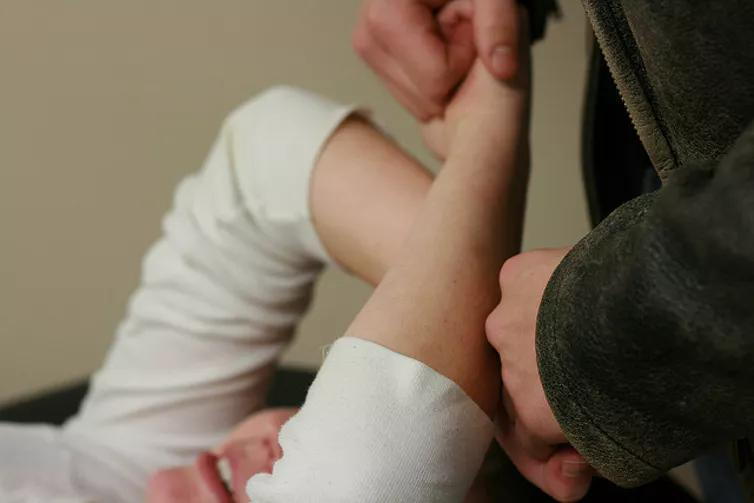Revisit: Check out an article I wrote about sex and cancer for The Conversation: http://theconversation.com/cancer-survivors-can-have-a-fulfilling-sex-life-we-need-to-talk-about-how-38097
Sex and cancer are words rarely uttered in the same sentence. But they should; after treatment ends, many cancer survivors are left with sexual changes that, when left unaddressed, can become long-term problems.
While vaginal dryness is a common side-effect for female cancer survivors and impotence often affects males, both sexes can experience loss of libido, difficulty achieving and maintaining arousal, and pain during and after sexual activity.
These physical sexual changes are often accompanied by fatigue, causing survivors to reduce how often they have sex, or to avoid sexual activity all together.
Emotionally, many cancer survivors experience changes to their identity, body image, and their roles in relationships, leading to distress, anxiety and uncertainty about their future. This can exacerbate the physical sexual changes creating long-term quality of life concerns.
To better understand these sexual concerns and how we can address unmet needs my colleagues and I at the University of Sydney conducted on line surveys and qualitative interviews with cancer survivors.
A two-party story
“We had cancer… it’s a two-part story,” explained Janette, a breast cancer survivor. Partners of cancer survivors experience similar sexual changes, reporting decreased sexual activity and satisfaction associated with the survivor’s worsening health.
Unfortunately, partners often feel uncomfortable raising their sexual concerns for fear of placing pressure on the survivor and appearing unsupportive.
Partners may not know the cancer survivor is experiencing these sexual changes and in turn, interprets avoidance of sexual activity and intimacy as rejection.
Andrew, whose partner had lung cancer, shared:
My wife going through menopause, you know, at 38 was very, very early and sort of very difficult.
Most supportive care neglects partners’ needs, which may leave them feeling isolated and unable to cope.
Silence
Too often, cancer survivors and their partners avoid talking about the sexual changes they’re experiencing. Survivors describe feeling guilty worrying about their sex life when they feel lucky having survived cancer treatment.
As time goes on, habits change and survivors and partners can become accustomed to a relationship without intimacy or sex, assuming that this is the new normal. Roles as lovers evolve into caregiver and survivor.
 Communication skills training is a key component of most treatments. Chapendra, CC BY-NC
Communication skills training is a key component of most treatments. Chapendra, CC BY-NC
Silence is a problem at home and at the hospital. Providers are unsure or may feel uncomfortable or embarrassed asking patients about their sexual well-being, while patients often don’t think they should be raising these concerns in the clinic.
New research shows that among a sample of breast cancer survivors, 43% wanted to learn more about why sexual changes occur and how to manage them (44%) after treatment. These women sought support from reading books (37%) or from the internet (34%) rather than from their oncologists (19%).
Help is here
The good news is that there are strategies and treatments that can manage these sexual changes and enhance sexual well-being. We know what works based on previous research within the field of sex therapy and psycho-oncology.
Medical strategies such as a penile pumps or vaginal dilators can help manage physical sexual side effects after treatment. Couples can try alternative sexual positions to accommodate pain, discomfort and changes to body image.
Communication skills training is a key component of most treatments. This aims to improve individuals’ ability to talk about their sexual concerns and assert their sexual needs.
To improve intimacy and relieve performance anxieties, a behavioural technique called sensate focus can also help. Sensate focus involves three stages, during which couples refrain from sexual intercourse and instead focus on the physical sensations of touching one another and communicating how and where they experience pleasure.
While these strategies can be helpful, they take practice, patience and perseverance. “It’s an adjustment… it’s not just spur of the moment,” shared Glenn, a prostate cancer survivor. “So the question comes up, do I take a pill tonight? If the answer’s yes, we’re looking good!”
Unfortunately, most cancer survivors are unaware of what, where and how to get support. Lack of access to clinicians and counsellors who know how to treat or manage sexual side effects is a primary barrier, particularly in more remote regions.
In collaboration with Cancer Council NSW, my research team and I have developed a web-based resource for all cancer survivors and their partners of all genders and sexual orientations, called Rekindle, to address sexual concerns in the privacy of their own home. Rekindle teaches proven strategies to enhance sexual well-being and answers many of the questions survivors and partners are left with after treatment.
Adjusting to sexual changes after cancer can be challenging, but with proper support, survivors and their partner can have a fulfilling sex life.









